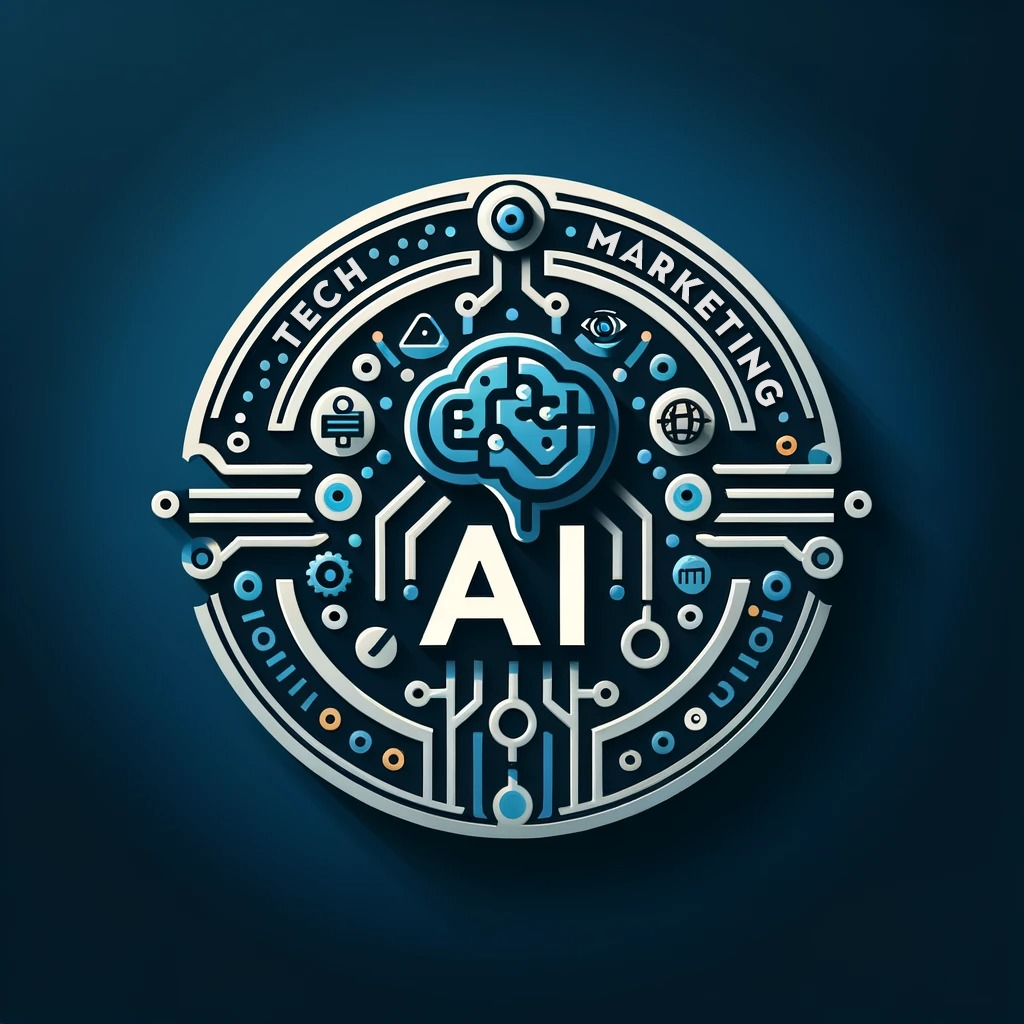Artificial Intelligence (AI) has revolutionized industries worldwide, and warfare is no exception. With the rise of autonomous weapons, ethical concerns have become a significant point of discussion. The deployment of AI-driven systems in combat scenarios raises fundamental questions about accountability, morality, and human rights. This article explores the ethical implications of AI in warfare and the challenges it presents to modern society.
The Rise of Autonomous Weapons
Autonomous weapons, also known as lethal autonomous weapons systems (LAWS), are capable of selecting and engaging targets without human intervention. These systems rely on AI algorithms, sensors, and advanced data processing to execute military operations. Countries worldwide are investing heavily in AI-powered defense technologies to gain strategic advantages on the battlefield.
While AI-driven warfare offers increased efficiency, it also raises critical ethical questions. The idea of machines making life-and-death decisions without human oversight is controversial and potentially dangerous. As technology continues to evolve, policymakers, researchers, and ethicists must address these concerns.
Ethical Concerns Surrounding AI in Warfare
1. Lack of Human Accountability
One of the most pressing ethical concerns is the lack of human accountability. If an autonomous weapon system malfunctions and causes unintended harm, determining responsibility becomes complex. Unlike human soldiers, AI-driven machines do not possess moral judgment, making it difficult to assign blame in case of errors.
2. Risk of Civilian Casualties
AI-driven weapons operate based on pre-programmed data and algorithms, which may not always account for unpredictable battlefield conditions. Misidentification of targets could result in unintended civilian casualties, leading to potential violations of international humanitarian law.
3. Escalation of Warfare
The development and deployment of AI-powered weapons could lower the threshold for conflict. Countries might be more willing to engage in military actions when human soldiers are not directly at risk, increasing the likelihood of prolonged warfare and global instability.
4. Weaponization of AI by Malicious Entities
There is a growing concern that AI-powered weapons could fall into the wrong hands. Terrorist organizations and rogue states could exploit AI technology for destructive purposes, leading to security threats beyond conventional warfare.
5. Ethical Dilemmas in Decision-Making
AI lacks the ability to understand ethical considerations and moral reasoning. A machine programmed for combat does not have the capacity for compassion or mercy, leading to situations where innocent lives might be at risk due to algorithmic decision-making.
Regulations and Global Efforts to Address AI Warfare
To mitigate the ethical risks associated with AI-driven warfare, international organizations and governments are advocating for regulations and oversight. The United Nations and various humanitarian groups have called for bans or strict regulations on fully autonomous weapons. Key measures being proposed include:
- Human-in-the-Loop Systems: Ensuring that AI-driven weapons require human intervention before executing lethal actions.
- Transparent AI Development: Establishing guidelines for ethical AI programming to prevent biases and errors.
- International Agreements: Encouraging nations to adopt treaties that regulate the use of autonomous weapons.
- Accountability Frameworks: Creating policies that define accountability in cases where AI systems cause unintended harm.
The Future of AI in Warfare
As AI technology continues to advance, the role of autonomous weapons in modern combat will likely expand. However, ethical considerations must remain a priority. Striking a balance between military innovation and humanitarian concerns is essential to ensure that AI-driven warfare does not compromise global security and human rights.
Ultimately, the future of AI in warfare depends on how governments, researchers, and international organizations address its ethical implications. Developing robust legal frameworks and fostering global cooperation will be crucial in preventing the misuse of AI-powered weapons while maintaining peace and security.
#AIinWarfare #AutonomousWeapons #EthicalAI #MilitaryTechnology #AIandEthics #FutureofWar #AIWeapons #LethalAutonomousWeapons #AIinDefense #WarEthics #AIRegulations #RobotWarfare #DefenseTechnology #AIandHumanRights #CyberWarfare #EthicalConcerns #AIforMilitary #TechnologyinWar #AIAccountability #ModernWarfare




